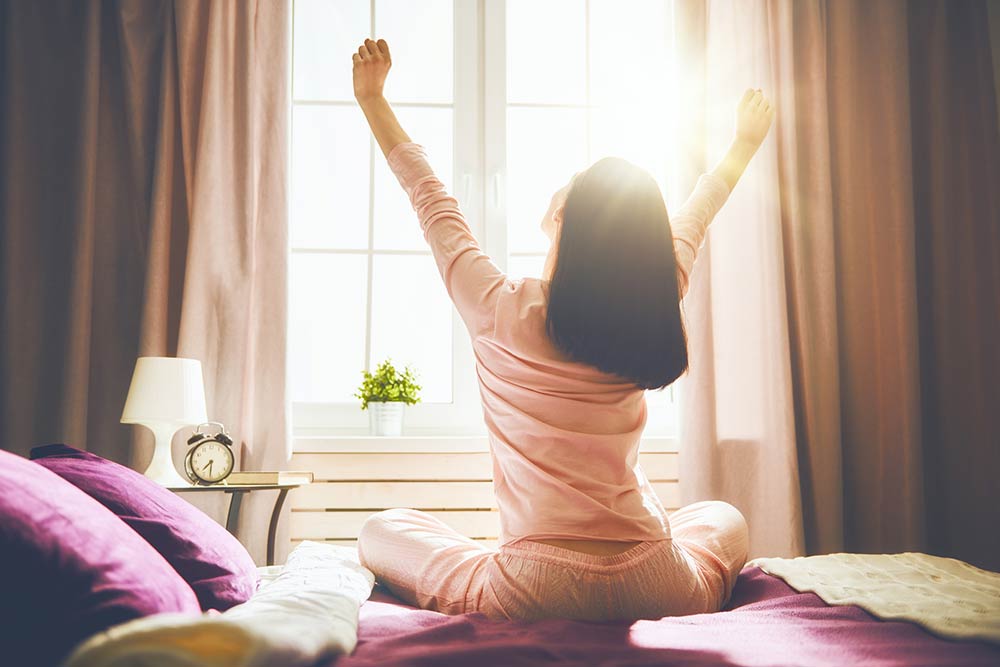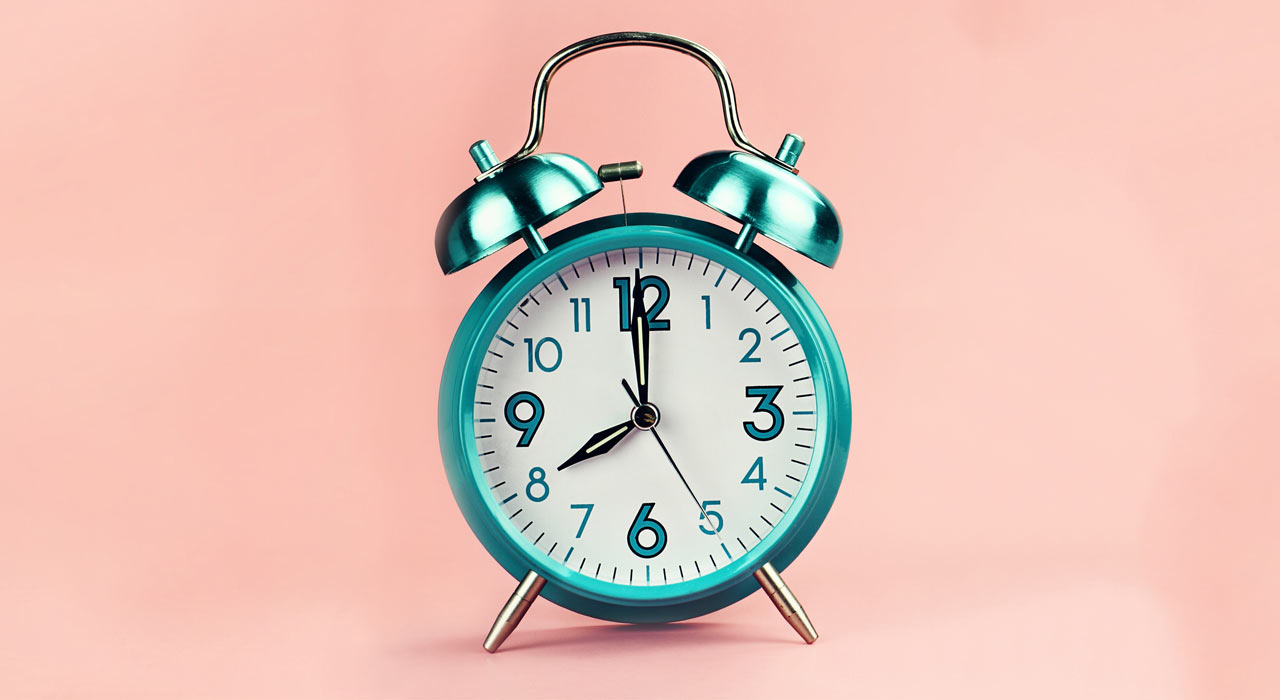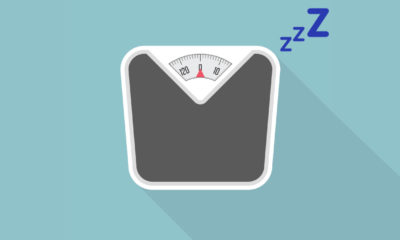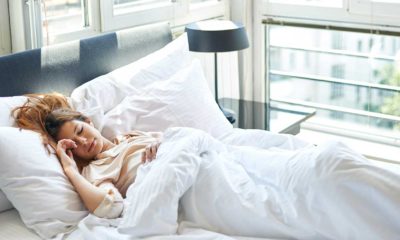Health
How To Improve Your Sleeping Habits
When it comes to sleep, we can talk about quality vs quantity but, the fact is, you need both. You need enough sleep, and you need enough good sleep. Easier said than done though, right?
Over 20% of Americans suffer from untreated sleep disorders or chronic sleep loss, but why? The quality and quantity of our sleep is influenced by many factors; stress and worry, mental and physical health, childcare, shift work, diet, exercise, alcohol intake, and even the environment we’re sleeping in.
Poor sleep, or not enough, can lead to headaches, increased blood pressure, impaired immune function, and weight gain. Not to mention that 1,500 fatalities and 40,000 non-fatal injuries are attributed to ‘drowsy driving’ or drivers falling asleep at the wheel.
So, for your own health, and the safety of others, sleep should be a priority. In general, adults need between seven and nine hours of good quality, unbroken sleep. Here are our tips for getting there.
– RELATED: Does Sleep Help You Lose Weight? –
Diet
It’s actually a myth that eating cheese before bed gives you nightmares. Eating a small amount of dairy in the last meal before you go to bed, plus some carbohydrates like brown rice or pasta, and lean protein like chicken, turkey, or nuts, can boost sleep-inducing hormones.
Try to stay away from anything greasy or fatty at dinner time, and avoid snacking before bed. This way, you don’t have anything heavy in your stomach and your body isn’t trying to digest a large meal as you’re trying to nod off.
Alcohol isn’t going to help you sleep, either. It may make you drowsy at first, but it’ll probably wake you up in the early hours as it metabolizes. Avoid drinking anything for around 45 minutes before heading to bed – no bathroom trips interrupting my sleep!
It’s also wise to avoid sleeping pills unless otherwise prescribed by your health professional, as these can have side effects and could be addictive.

Have a routine
Probably the biggest impact I’ve personally made to my sleeping habits is avoiding my phone before bed. Put down your phone, your tablet, and turn off the TV at least an hour before bedtime. Use that time to catch up on reading (an actual book or magazine!), and start your nighttime routine.
Just like when you were a kid, routine is important for good sleep. It signals to your body that it’s time to wind down. It doesn’t have to be anything complicated; I like to do a hot cloth cleanse, or have a shower, brush my teeth, pack my bag for the following day, and then read a book until it’s time to fall asleep.
Ditch the alarm
A noisy alarm clock could wake you up in the middle of a deep sleep cycle, which could leave you feeling lethargic, clumsy, and unable to concentrate well for several hours after you get up.
Instead, try a dawn simulation light, like a Bodyclock from Lumie. These work by gradually increasing the light in your room, simulating a sunrise, so that your body can gradually come out of its sleep-state and into a wake-state.
It works so well because humans are naturally programmed to sleep when it’s dark, and wake when it’s light, and the gradual brightening gives your body time to adjust, rather than shocking yourself awake.
Time matters
If you need to be up for work at 7 am, then you need to be falling asleep between 10 pm and 12 am to get your seven to nine hours. Bear in mind, the average person takes 10-20 minutes to fall asleep. Making a habit of going to bed at 2 am and forcing yourself up at 7 am isn’t doing you any favors.
Ideally, you will fall asleep and wake up at the same time every day. When it comes to sleep, your body thrives on predictability.

Fix your bedroom
Your environment is important when you’re trying to sleep. You know how difficult it can be to stay asleep on hot summer nights? The ideal temperature for optimal sleep is somewhere between 60-67°F, so adjust your thermostat and see if that helps.
Your room also needs to be pitch black. We produce a hormone called melatonin, which sends a signal to our brain that it is time for rest. Melatonin levels rise during the evening, and drop during daylight. Light exposure during the evening can influence the timing of this signal, therefore inhibiting our transition into sleep.
Even more of a reason to put your phone down before bed. Consider unplugging everything that causes light before you get into bed – including chargers and standby lights.
For more health tips, sign up for the TRAIN for HER newsletter today!






















